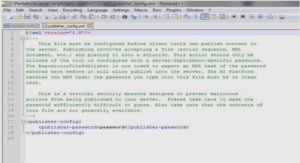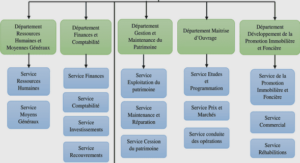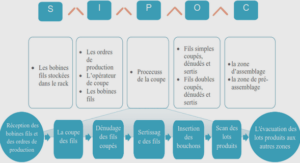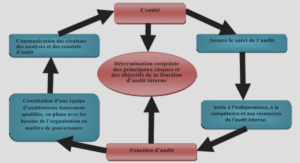Cultural Memories and Conflicts resolutions
Being the first pioneers of their generation, Mariama Ba and Buchi Emecheta use their novels as weapons to solve female’s problems. In So Long a Letter and The New Tribe, they retrace African realities as memories in order to better pinpoint female everlasting sufferance. If we take the case of Mariama Ba, she was one of the first women to receive western education in Senegal. Referring to her birthday, Mariama Ba experienced life under colonialism and witnessed many events surrounding Senegal’s independence. It is in this sense that she uses her protagonist to recall not only her life as student in colonial period but also as an educated woman and wife fighting against the patriarchal society. As for Buchi Emecheta, she wants to recall African realities particularly Nigerian one. To solve the problems of Africans living abroad, Emecheta, through her novel, The New Tribe, uses Chester, the main character of the novel, to narrate for hi origins. In analyzing the two authors’ perspectives, one can understand in the one hand, Mariama Ba wants to fight against previous marginal role of women, and in the other hand Buchi Emecheta wants to remind African Diasporas their customs and traditions.
In So Long a Letter, Ramatoulaye, in a letter, recalls their happy memories to her best friend Aissatou when they were children from Koranic School and when they 41 were students. At the very start of the narrative, we notice memories of childhood shared by Ramatoulaye and her dearest friend Aissatou: “We wore out wrappers and scandals on the same stony road of the Koranic School; we buried our milk teeth in the same holes and begged our fairy godmothers to restore them to us, more splendid than before.”16 This sentence is the testimony that both of them have been friends for years, since their childhood. The fact of recalling this friendship gives to her letter the important of an argument based on deep-seated connection. They stare at what many nowadays friend did not have the change to live. So the statement clearly shows the social chain that memory connects to their identity.
Resignation and Submission to the Traditional
Practices Many African writers deal with the black continent’s religious beliefs system and practices. Their topics are mostly devoted to African traditional practices, above all Senegalese and Nigerian, because it holds an important position in one’s life. Therefore, Mariama Ba and Buchi Emecheta, in almost all their novels talk about the traditional beliefs in Africa. In their respective novels, So Long a Letter and the new Tribe, they show the confrontation between African traditional life and modern western one. Being between the realm of modernity and tradition, Emecheta and Ba do not miss to accept some traditional practices which cannot be avoided. Because Africa has its own social and traditional values and anybody can live against those practices. 46 For example in Africa it is not whoever who rules the society or who does rituals in homes. Generally it is the men or the elders or those of important cult, head of family group or notorious who rule the society and take the floor and make the decision if it is important.
That is the case in Emecheta’s The New Tribe. In the novel, Enoch Ugwu is the head of the lineage, who decides everything even if certain decisions do not please his people. This can be illustrated in the novel when Enoch makes a decision that no one can deny. “It’s the law, Thomas. You have to go to your mother every other weekend, you know that. I’m sure your mum and Uncle Paul will do something special with you.”23 This shows the importance of the role the elders play in this community in order to make children afraid of them.
In Africa specifically in Nigeria and in Senegal, you do not dare call an elder by his first name or his name. In The New Tribe, when Chester arrives in Liverpool at Enoch Ugwu, he calls him by his first name. This does not at all please to Ugwu when he hears it because that is not Africa’s culture. From then on, Enoch tries to explain to Chester. This is what he says: Well, call me Uncle. Uncle Enoch. In my country that’s how a young person addresses someone older but familiar”.24 This shows that in our society it is forbidden to call an elder by his name, it is one of our traditional values. When Mr. Ugwu left Nigeria for Britain, he left behind him relatives, friends and properties. But something he did not leave behind and could not forget and dispossess was his African tradition embodied in his way of feeling, thinking and reacting.






